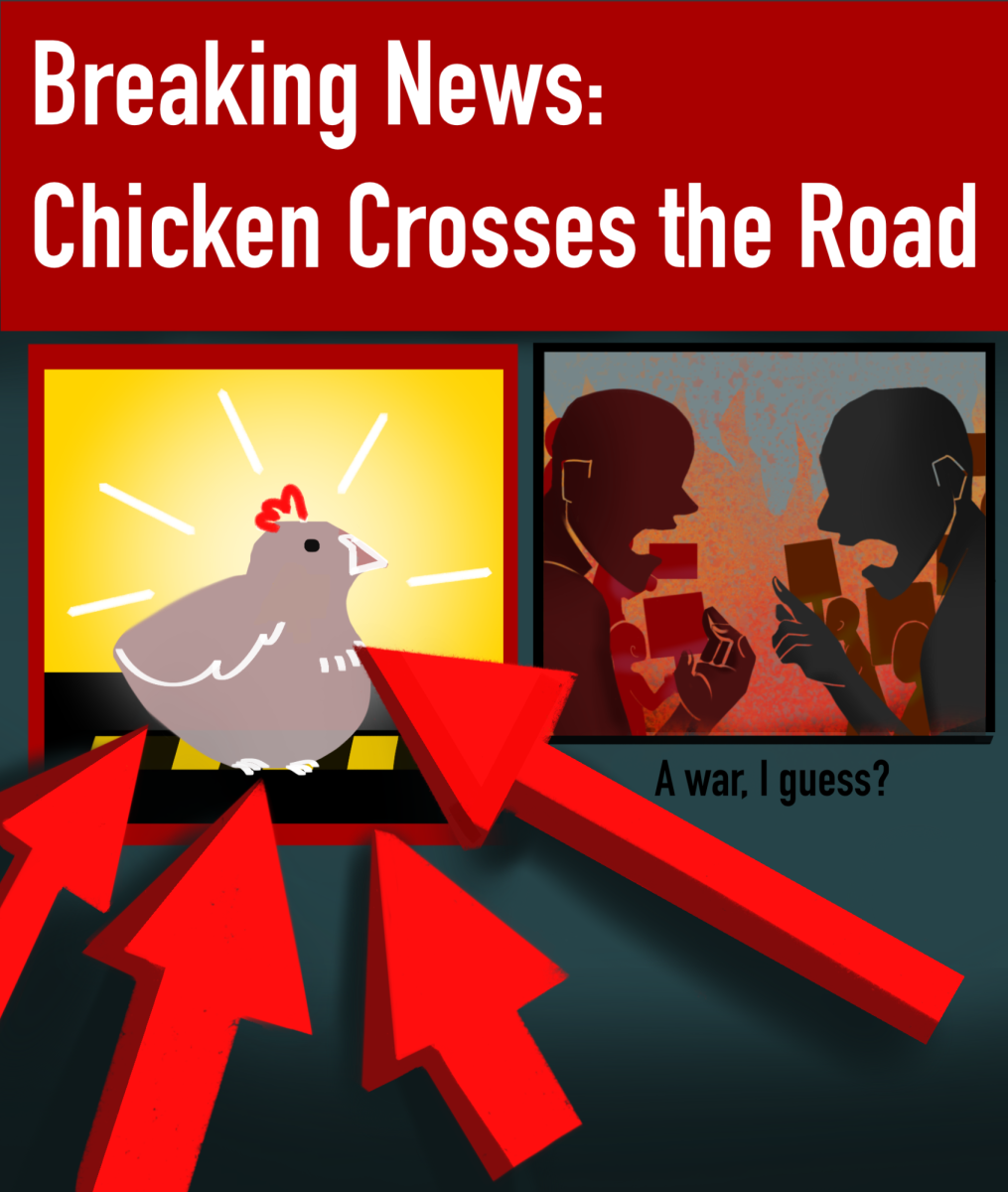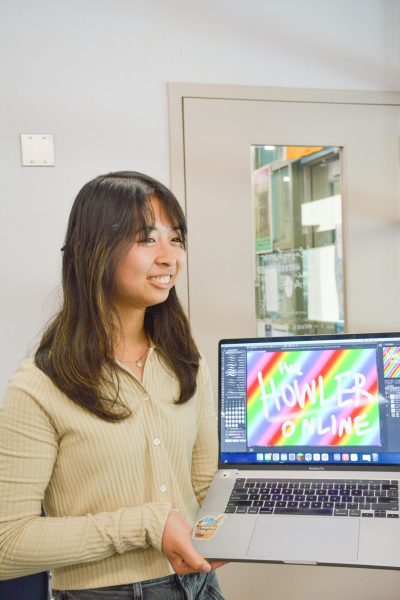When all the headlines of mainstream media seem to say the same thing for weeks or months on end, it begs the question: Who decides what gets covered and what doesn’t?
What we see on the news is decided by a group of people higher up in the hierarchy of the news channels, known as the gatekeepers. This small group of people have the ability to withhold and share information as they please or see fit, which causes the media to oftentimes lack perspective and diversity. These gatekeepers are the ones that make our presumably objective media inherently subjective by giving the OK to withhold information from the public.
The role of the gatekeeper is to decide what is newsworthy and to filter out unnecessary or fake information when a journalist or editor wants to cover a story. While it is a job that serves a positive function in theory, the idea of what is newsworthy or necessary can be relative and tends to lean towards the bias of the journalist, and they are only held accountable if social media reveals the truth.
In the top 12 media channels approximately two-thirds of leadership positions are held by men and 76% of journalists are white and male, failing to reflect the diversity of the general public. The role of these editors is to filter out news, however when the group of people assigned to perform this task are mostly one gender and race, this causes a lack of representation and perspective within the media.
From local cases of police brutality to decade long wars and genocides, crucial news stories have been concealed by the media, allowing these issues to continue without consequence. Acts of police brutality against African Americans were covered by the media for years as “police involved shootings” or “acts of self defense” until these issues gained recognition on social media and the hashtag went viral, beginning the Black Lives Matter movement and forcing the “gatekeepers” to cover it.
With the fall of local news, mainstream media is the main source of news coverage for the public, and these channels tend to gravitate towards stories that catch the attention of public or sound dramatic with the popular phrase “if it bleeds it leads” which inaccurately reflects newsworthiness and creates great bias in the news by allocating the majority of headlines to a certain conflict while forgetting countless others.
It is important that you don’t solely rely upon large news channels such as CNN or New York Times for information. While they share accurate information, they cannot share everything that one needs to know. Consistently checking various international news channels such as Al Jazeera, African News or the United Nations site, as well as searching various social media hashtags can provide more diverse and complete information on perspectives throughout the world.





















































